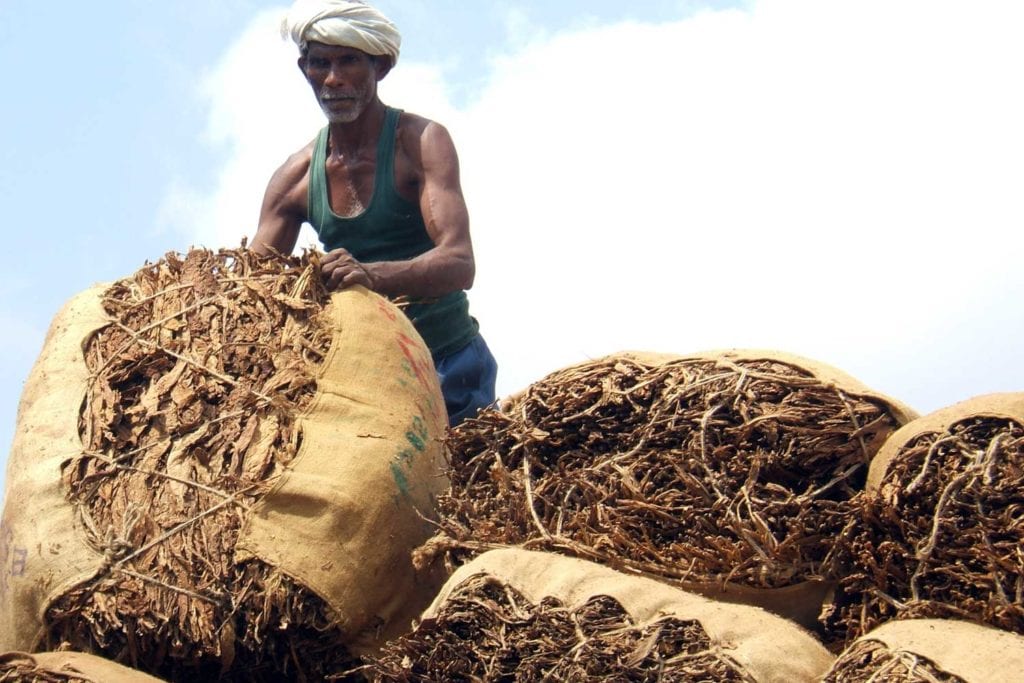
The Tobacco Board of India has authorized a 2021–2022 crop of 97 million kg for Karnataka, 9 million kg more than in the previous growing season, reports The Times of India.
“We have decided to fix the crop size of Karnataka at 97 million kg keeping in view the demands of growers as well as traders,” said board Chairman Raghunatha Babu, adding that the board had also taken into consideration global demand.
The board had originally authorized a 99 million kg crop for Karnataka in 2020–2021. However, after considering the seriousness of the Covid-19 pandemic, it reduced the crop size to 88 million kg.
Some analysts expressed surprise at the crop size increase, given that global demand for tobacco has slipped in the wake of the pandemic.
Tobacco growers who switched to producing ginger following the crop size reduction reportedly suffered heavy losses, increasing pressure on the board to increase the crop size for 2021–2022.
Meanwhile, tobacco growers in Andhra Pradesh threatened to stall auctions from Monday if there is no marked improvement in the prices offered for their produce, according to a report in The Hindu.
Due to the rising number of Covid-19 cases and uncertain global demand situation, exporters have adopted a wait-and-see approach, citing a lack of confirmed orders.
“We were hoping to recoup the losses incurred last year as the virus-induced lockdown coincided with the peak marketing season, said farmers’ representative Mareddy Subba Reddy.
“We will not hesitate to stall the auction from next week if the market continues to remain lackluster, said V.V. Prasad, a farmer’s welfare association leader at the Ongole II auction platform.
To date, Andhra Pradesh famers have marketed only 12.5 million kg of their 70 million kg crop. The 6.5 million kg Southern Light Soils tobacco sold earned a price of INR167 ($2.23) per kg while the 6 million kg Southern Black Soils tobacco sold for INR165 per kg, according to the Tobacco Board.







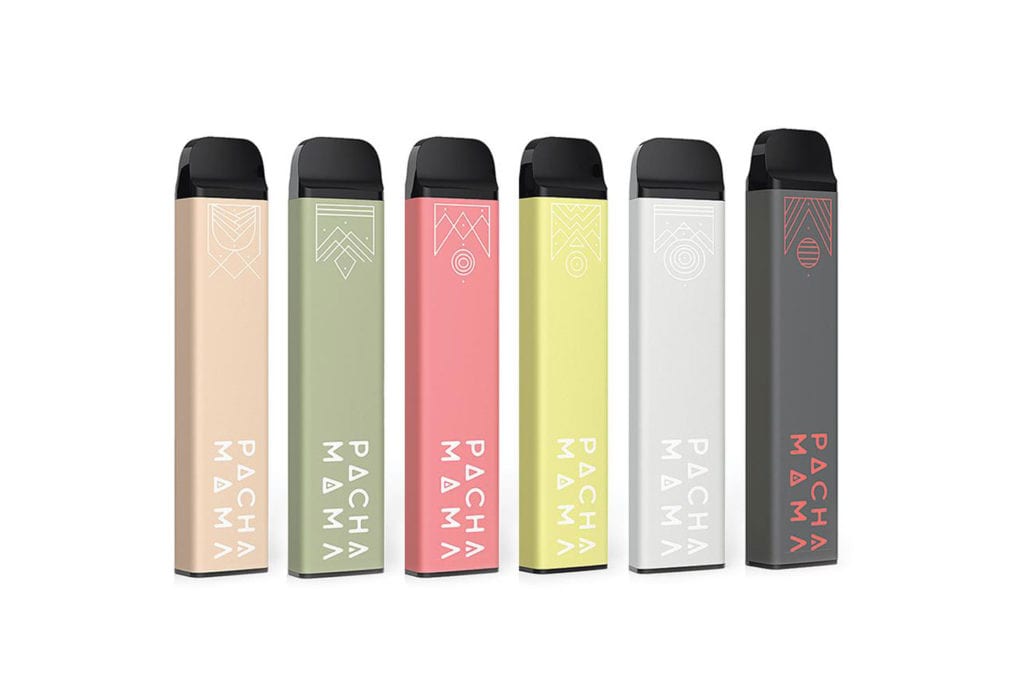

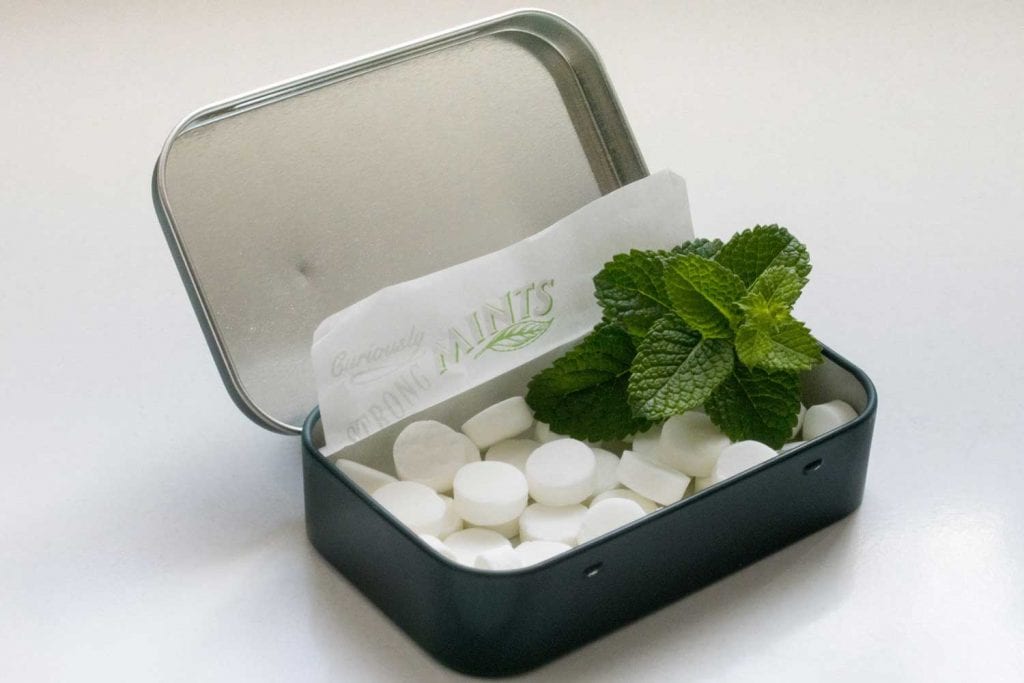
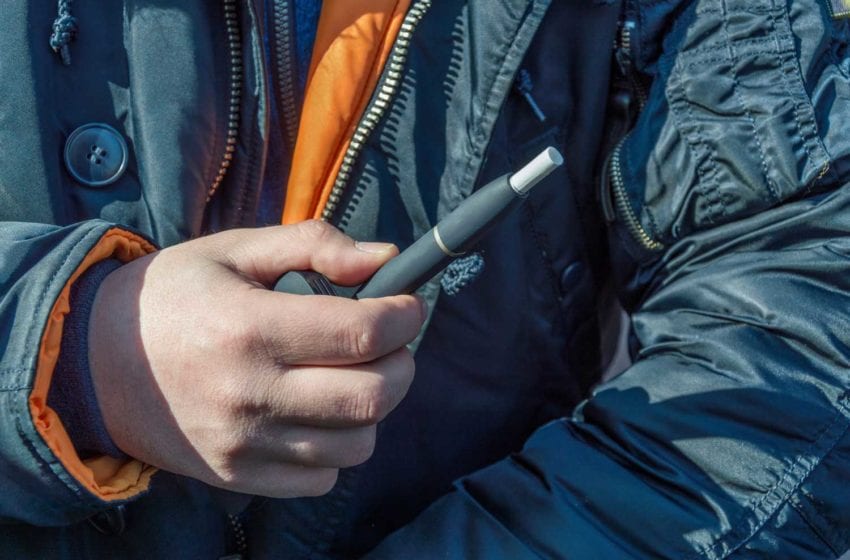
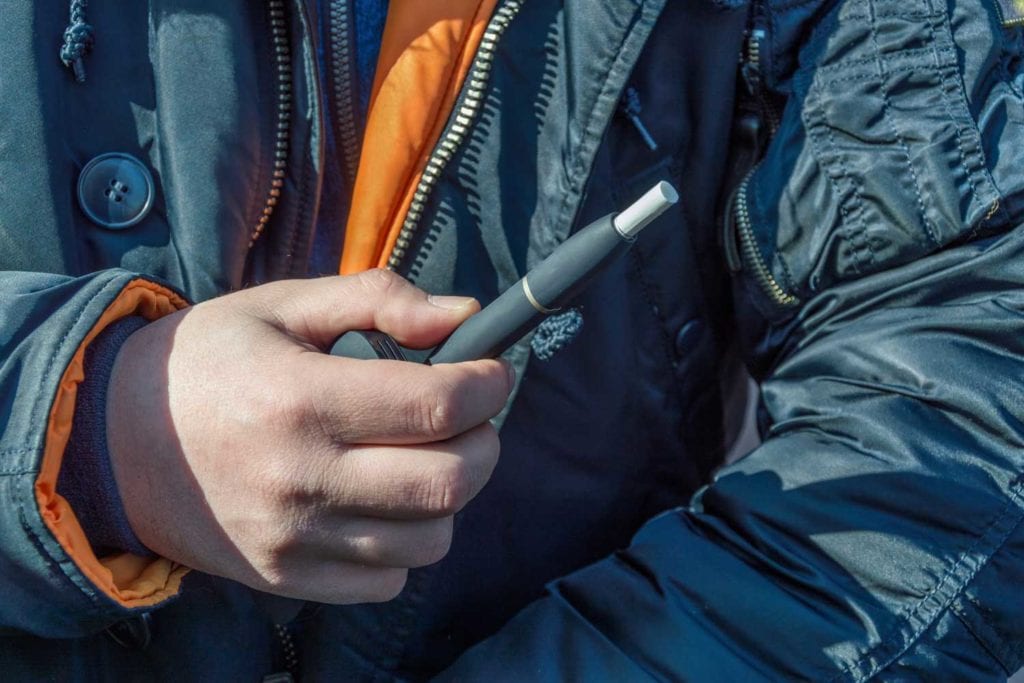

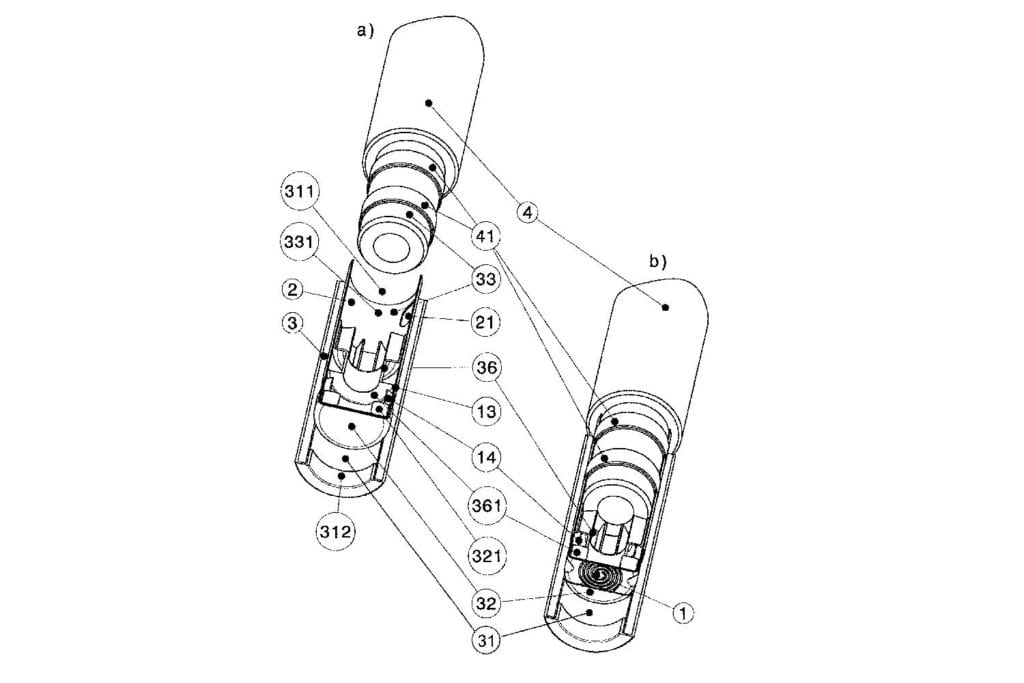



 Kaival Brands approved an amended and restated distribution agreement, which sets forth the terms of the formal relationship between Kaival Brands and Bidi Vapor. The newly amended and restated distribution agreement extends the previous one-year, annually renewable term to an initial term of 10 years, which automatically renews for another five-year term provided that Kaival Brands satisfies certain minimum purchase thresholds.
Kaival Brands approved an amended and restated distribution agreement, which sets forth the terms of the formal relationship between Kaival Brands and Bidi Vapor. The newly amended and restated distribution agreement extends the previous one-year, annually renewable term to an initial term of 10 years, which automatically renews for another five-year term provided that Kaival Brands satisfies certain minimum purchase thresholds.



